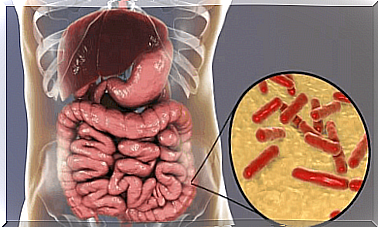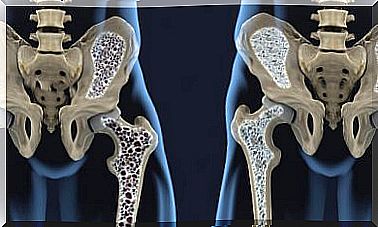Refusal To Eat In Children: What To Do?
Eating with the family is a wonderful experience. However, if one’s own child refuses to eat, it becomes a rather less pleasant affair. Should it also lose weight, action must be taken.
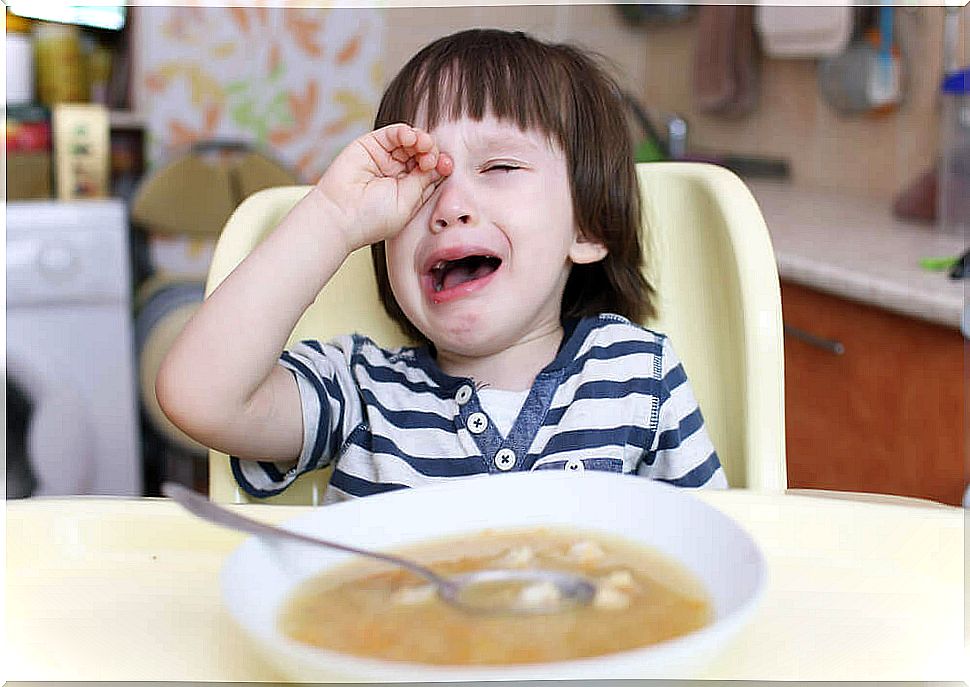
Eating with the family is a wonderful experience. However, if one’s own child refuses to eat, it becomes a rather less pleasant affair. Should it also lose weight, action must be taken.
Many parents share the concern that their offspring simply doesn’t want to eat anything. Usually this is a phase that subsides again. However, if the pediatrician advises it, it is likely that the child will need to gain weight.
Babies grow quite quickly, which is why they often eat large amounts, whereas 2- to 5-year-olds experience childhood loss of appetite. This can extend to the sixth to seventh year of life.
When attempts are made to introduce regular meals, they are often refused to eat . Parents try to force their children to eat and reward or punish them accordingly – a real fight ensues at the table.
Learning to eat
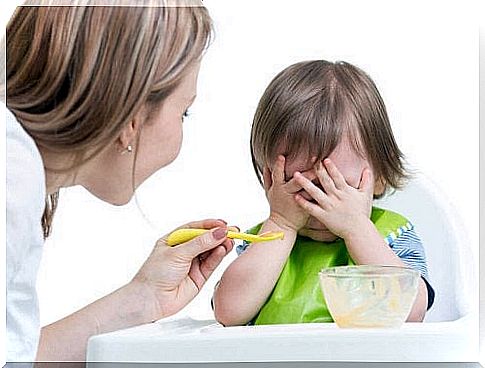
When a baby is fed after the breastfeeding phase, he or she will perceive many different tastes. After having only consumed milk, they are now learning a lot of new things and trying out a few things – they usually like to eat. But in the course of time preferences also arise.
After the first year of life, various factors mean that interest in food takes a back seat. The toddler perceives his environment more intensely and focuses on it. In addition, the growth process slows down and you get full faster.
The impression of refusal to eat arises because the child likes little food and in small quantities. This creates concern among parents who seek advice from the pediatrician or in Internet forums.
Often times, they force your child to eat more than they need to. Other parents, on the other hand, insist that their son or daughter eat anything without considering their preferences. The child refuses to eat, which can affect their weight.
The refusal to eat
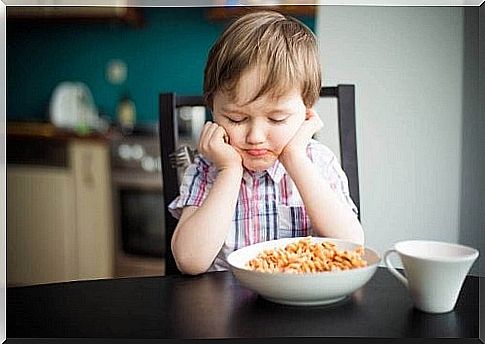
There can also be physical causes behind the loss of appetite: a chronic illness, flu or infection means that the child does not want to eat anything. Usually this only lasts for a short period of time and the appetite returns.
This becomes a problem when he feels hungry and wants to satisfy it only with the foods he likes. In this case, it is up to the parents to find a solution.
However, if their worries lead to a tense atmosphere at the dining table, they only achieve the opposite. On the other hand, if the child only gets what he wants to eat, there is also a negative effect.
This leads to a refusal to eat during normal meals, because the child knows that when they are hungry someone will give them what they want.
If this conflict continues, the child’s balanced diet can suffer. In this case, a doctor should be consulted to help with weight gain.
Support weight gain
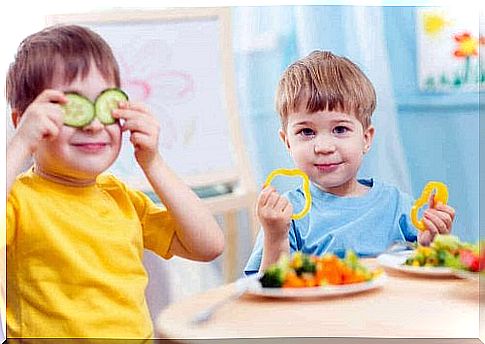
Children learn to eat the right amounts that they need. As long as they are healthy, happy and growing normally, there is nothing to worry about.
Parents should only make sure they are serving healthy food and creating a positive atmosphere at meals. However, if the child loses too much weight, see a doctor immediately.
Below are a few basic tips on how you too can get your child to eat while eating a healthy diet:
- Introduce new foods in interesting ways. Then, if your son or daughter still refuses to eat these, offer him or her those with similar nutrients.
- Be a role model. Even if your child often refuses to eat, when they see their parents eating, sooner or later they will want to try them too. Therefore, it should sit at the table with the family and not have any special dishes.
- Take advantage of his preferences. There are no limits to creativity in cooking so that children can learn to eat. So be creative when it comes to serving food.
- Be patient and persistent when your son or daughter vehemently opposes trying new things. Don’t get angry with it. Unless his or her refusal to eat is accompanied by negative consequences such as nausea or vomiting, he or she will gradually try the food as well.
- After an infection, it is normal for your child to have lost weight, but they should regain weight quickly. Therefore, encourage their appetite so that they can put on weight again.
Refusal to eat: final reflection
Remember, it’s not just about gaining weight. Excessive consumption of sweets, chemical convenience foods, or foods high in trans fats will not contribute to healthy weight gain. Childhood obesity is a serious problem that should be avoided.
Eating together should be a great experience for the whole family. This positive relationship will also increase your child’s appetite at the same time. If he can combine daily meals with something pleasant, the problem of refusal to eat is minimized.
If for any reason the child continues to fail to eat well, the pediatrician can help out with supplements or vitamins to gain weight.




